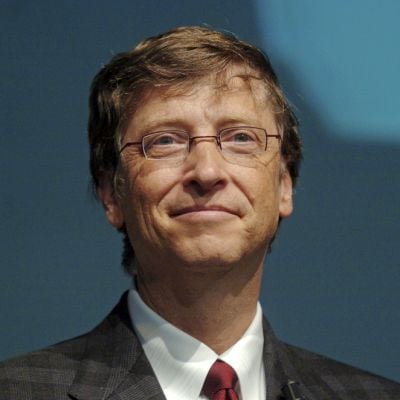Moving the Needle
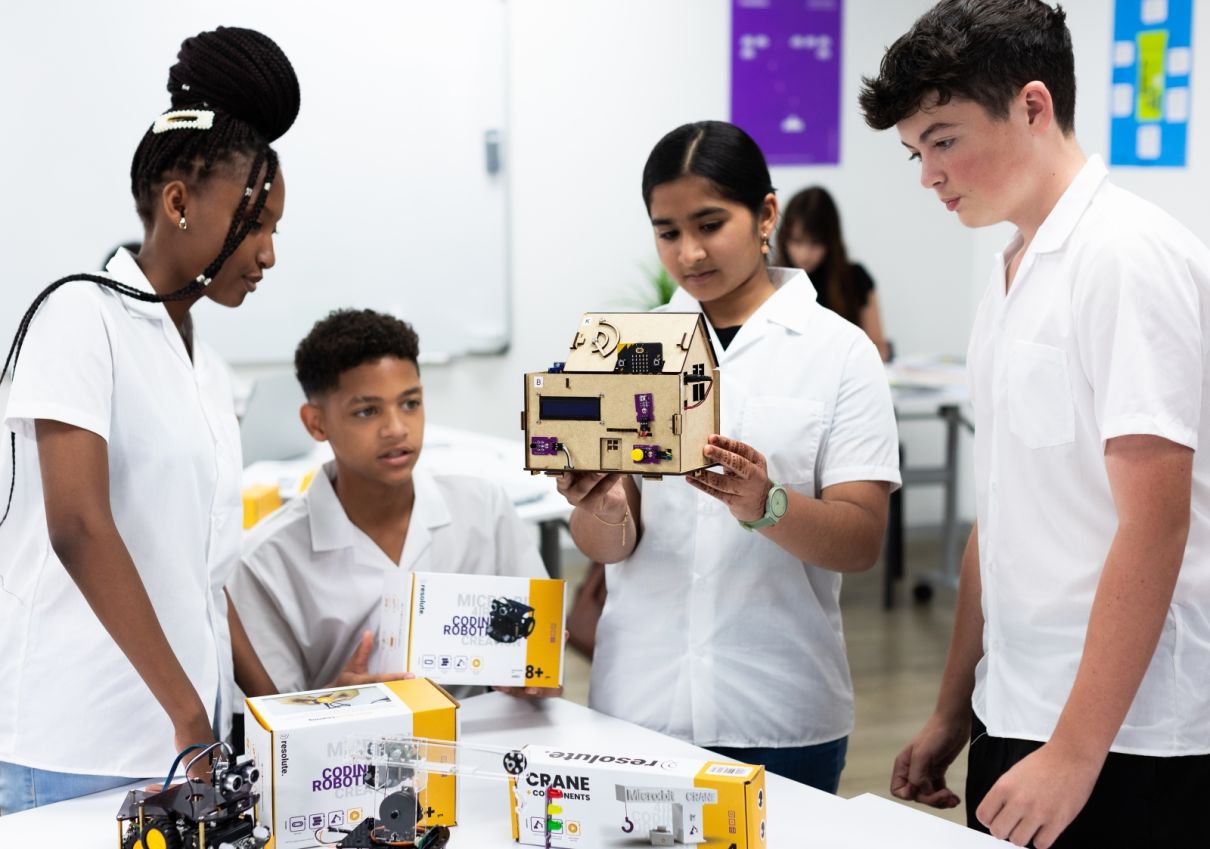
Technology could hold the key to meeting the needs of Africa.
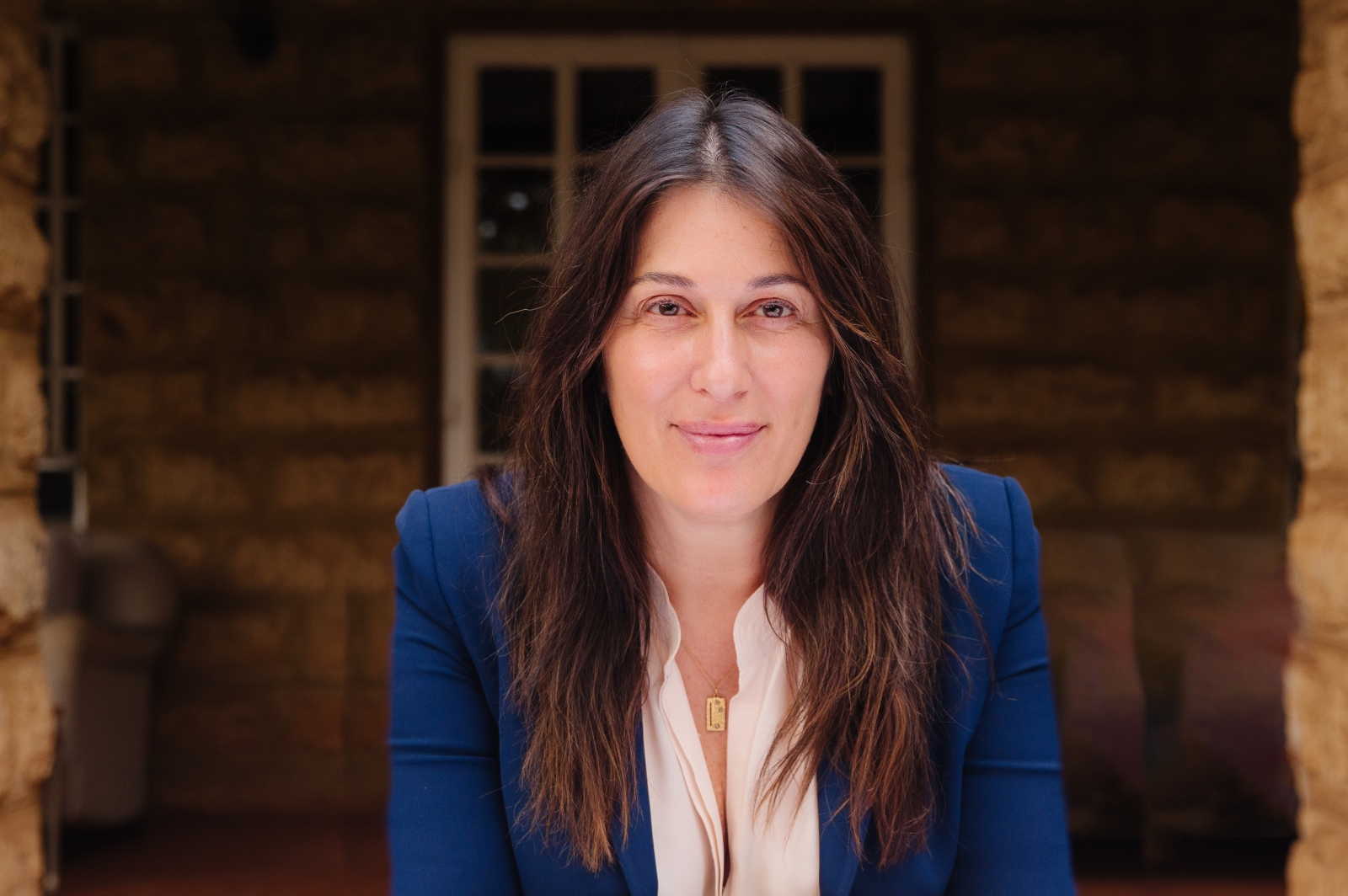
It is hard to argue that a lack of education is the root cause of many of the world’s problems. And nowhere is this conundrum more acutely felt than in Africa, a continent that has a 9 per cent participation rate in higher education versus a global average of 38 per cent.
On the face of it, it should be a simple issue to solve, but it has yet to be addressed effectively.
Even the most seasoned philanthropists wring their hands over it. Sir Alan Parker, founder and chairman of global PR firm Brunswick and former chairman of Save the Children International, feels that despite all the philanthropic work of the last decades, the needle has barely moved.
He told Billionaire: “The reality is that billions of dollars are invested in education in Africa every year, but the learning crisis is deepening, and the skills gap is widening,” he says. “Tech-enabled and scale-focused ed-tech solutions have the potential to deliver exponential improvements in education. When you combine them with the exploding youth population and fast-growing digital infrastructure on the continent, you have a generational opportunity to improve lives.”

This is where Julia Moffett comes into the story, founder and CEO of Future of Learning Fund, a Nairobi-based early-stage venture-capital fund aiming to accelerate learning in Africa. With a career spanning senior strategy roles in the US, UK and Africa, Moffett has become passionate about the re-invention of education and what it might mean for Africa. Like Parker, who was one of the first investors in the fund, she realised the generational opportunity that exists to invest in new technology and models of learning that deliver education at scale and connect young Africans to work globally.
“The continent cannot build brick-and-mortar schools fast enough to meet the demand for learning and for jobs,” says Moffett, who points out there is one seat for every four Nigerians who are eligible to go to university. “Traditional education systems are having trouble keeping up with the rapid changes taking place in technology and the workforce. This is true everywhere. It’s just in Africa, soon to have the largest youth population and workforce in the world, where it’s going to matter more.”
Indeed, by 2050, one in four people in the world will be African, the majority of which will be working age. Over the next decade, nearly three quarters of the global population growth of 18-23-year-olds will be in 10 countries, nine of which are in Africa.

Enter edtech startups. These are not just about improving access and affordability, which they do. But they are also about delivering personalised and adaptive learning that leads to better outcomes. On a continent with huge teacher shortages, these tools can be game changers, according to Moffett. These new models can deliver education that is more skills-focused and connected to employers, which is critical as employers start to build their own talent pipelines differently, she adds.
The fund, which is targeting assets under management of US$20 million and has so far dispersed US$2 million, is grounded in a view that the massive online re-invention of education is not just a necessity but an investment opportunity. Global ed-tech investors are eager to get a foothold in the African market as it will be the world’s largest in the future, set to overtake where India is today, with fast-growing tech hubs in Lagos, Nairobi, Cape Town and Cairo.
One such investor is Future Africa, an early-stage venture capital fund in Africa. It was founded by Iyinoluwa Aboyeji, who previously founded two of the continent’s seven unicorns, Andela and Flutterwave.
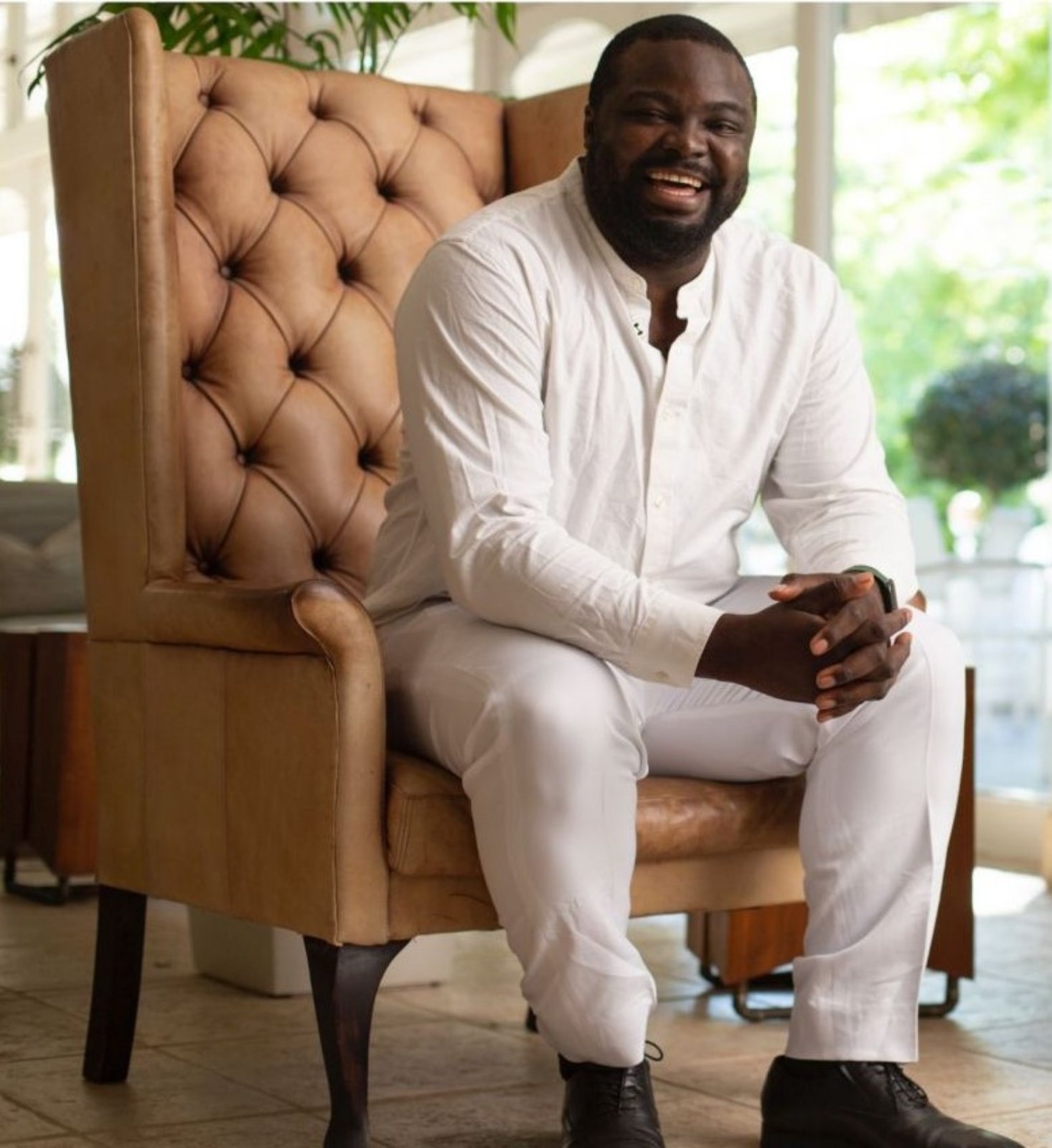
"We believe Africa’s biggest challenges are its greatest opportunities,” Aboyeji says. “Investing in new technology-driven approaches to Africa’s learning crisis may very well prove to be the catalyst to transforming millions of out-of-school children across Africa into an AI-powered workforce that is indispensable to the global digital economy.”
The fund is also attracting people who have worked in Africa and education for years. Some of the first investments include into Nexford University, a Washington DC-based online university, which offers accredited degrees at a flexible pace. It’s a story “most compelling in terms of showing the innovation, disruption and impact these new models of learning are having in Africa”, according to Moffett.
Nexford offers the least-expensive US degree you can get in the world. The learning is skills and competency-focused, which means it’s connected to jobs in ways that universities typically have not been. Its fastest-growing markets are Nigeria, Egypt and Kenya. Nexford is offering in-demand degrees and courses in digital transformation and AI, for instance, and is partnered with African corporate employers as well as Microsoft, IBM and LinkedIn.
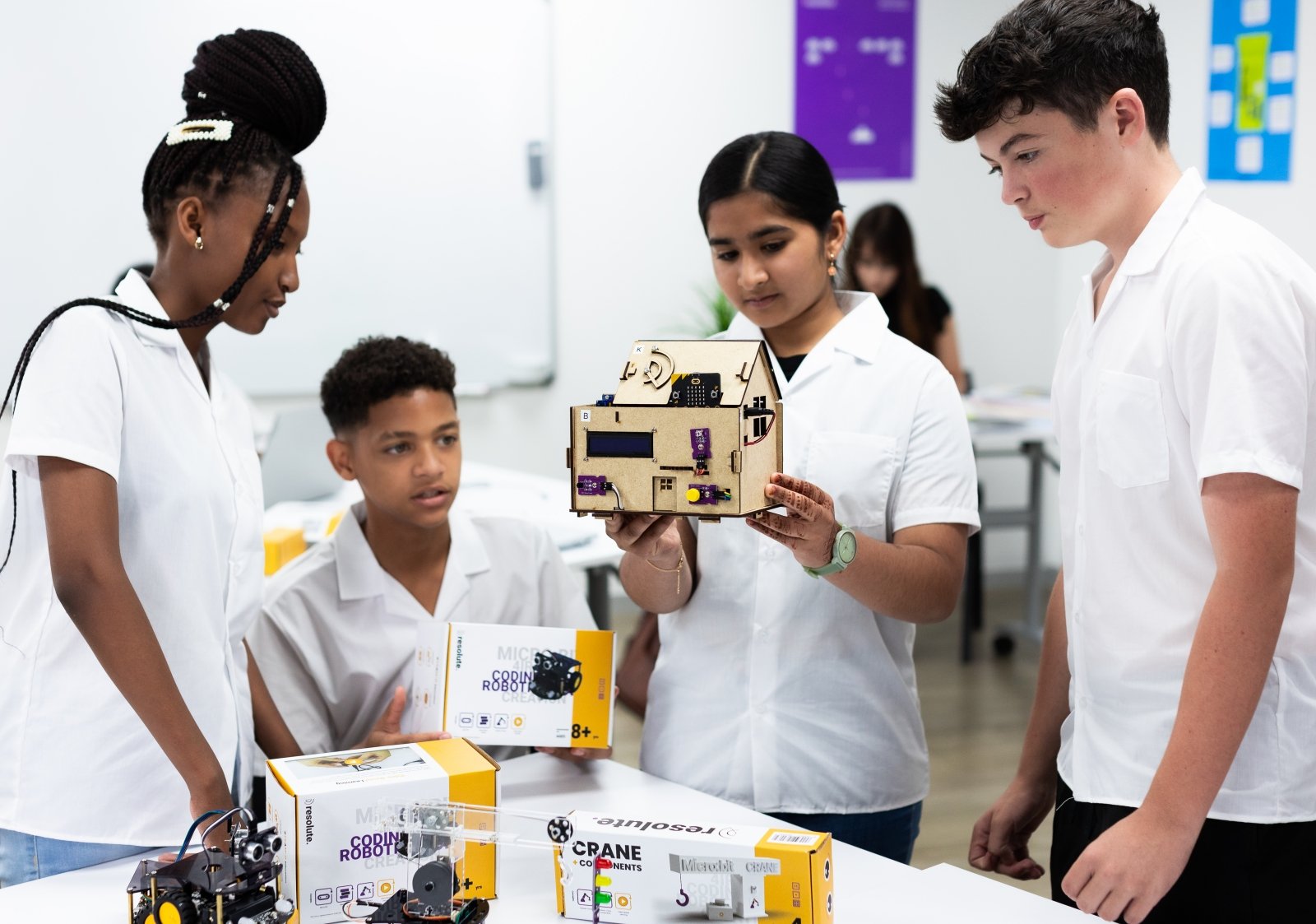
Fadl Al Tarzi, founder of the university, a digital marketing entrepreneur who grew up in Africa and who has worked in Asia, the US and Europe, says: “Living all over the world, I witnessed first-hand how a lack of education negatively affects so many people’s lives. With Nexford, we are leapfrogging legacy systems just as was done with mobile phones over landlines.”
Another company the fund has backed is Craydel, which is building technology infrastructure to help young Africans search, match and apply to higher education (currently, 95 per cent of Africans applying to university are rejected due to problems with applications).
Other early investments include an open talent marketplace connecting African tech talent to remote jobs in Europe; the first dedicated digital broadcast network for kids offering quality ‘edutainment’ (15 million viewers per week in Kenya); and an assessment tool that identifies gaps in maths and rapidly addresses them - it has a 100% teacher retention rate.
Of course, there are those who would underline the greater problems at stake in Africa, such as clean water or food security. Moffett says: “The continent is filled with tons of challenges, and you can get into arguments about sequencing and priority. But you’ve got an exploding youth population and rapidly growing digital infrastructure. Tech-enabled education will drive exponential change.”
Also, for many in remote regions without even basic internet access in Africa, a focus on ed-tech could fall flat on its face. Moffett acknowledges that while it is not all roses, there are factors that will accelerate change, such as the falling costs of smartphones and data; local production of devices; large numbers of undersea cables surrounding the continent to provide last-mile connectivity; and new satellite internet solutions.
Moffett adds: “When you look at the radical transformation taking place in the global education sector, it’s hard not to get extremely inspired by what it can look like in Africa. Innovative, scalable, new models of learning are emerging that can dramatically change the access, quality and relevance of education in Africa. We feel privileged to be the first dedicated venture investor in Africa backing these exciting ed-tech founders and start-ups.”
This article originally appeared in Billionaire's Impact Issue, to subscribe, click here.






